Choosing to stop drinking is essential to improving your mental and physical health. However, it is not a step you should take without support from a medical detox program specializing in alcohol withdrawal. Ongoing alcohol use changes your body and brain. These changes take time, and so too does the process of achieving lasting sobriety. Overcoming alcohol addiction alone or quitting “cold turkey” can lead to potentially dangerous medical complications.
Does Alcohol Cause Withdrawal?
Alcohol is one of the substances that (almost always) leads to withdrawal symptoms when someone tries to reduce how much they drink or stop drinking entirely. The time it takes for the first withdrawal symptoms to appear will depend on a few factors unique to you, including how much you drink and how long you have been drinking. Another important consideration is whether you had completed an alcohol detox program before and experienced a relapse. Each of these factors plays a role in determining the severity of withdrawal symptoms and how long it takes your body to cleanse itself of the effects of alcohol.
Does Alcohol Addiction Require Detox?
Detox is the first step towards overcoming an alcohol use disorder. Although not everyone will experience alcohol withdrawal symptoms to the same severity level, most people will feel the effects of alcohol withdrawal when they stop drinking. Even though you may only struggle with a mild addiction, it is still essential to detox in a supported setting. Withdrawal symptoms are unpredictable and can change without warning. It is possible for symptoms that begin as mild to suddenly worsen, leading to dangerous complications. Treatment professionals at a medical detox program can ensure you have the support you need to safely detox, regardless of the severity of your withdrawal symptoms.
Signs of Alcohol Withdrawal
Withdrawing from alcohol often involves a range of symptoms that vary in intensity from mild to life-threatening. A critical factor in how long and severe your symptoms are is your current and past relationship with alcohol. For example, someone who has struggled with an alcohol use disorder for many years is more likely to experience significant and overwhelming withdrawal symptoms than someone who has not experienced years of heavy drinking.
Alcohol withdrawal symptoms can be mild such as sweating, stomach upset, headaches, difficulties sleeping, and anxiety. For others, however, withdrawal symptoms are severe and potentially dangerous. Examples include seizures, disorientation, tremors, hallucinations, and delirium tremens (DTs). Although not common in every case, DTs are the most severe alcohol withdrawal symptom. Without medical care and intervention, DTs can be fatal.
What is the Alcohol Detox Timeline?
Depending on the severity of your alcohol use disorder, withdrawal symptoms can begin in as few as 2 hours after your last drink. For most, the worst symptoms often subside in a week, but some symptoms can last for a year or more. Unfortunately, there is no exact timeline for what symptoms you will experience or how long they may last. However, there are general guidelines that apply to most.
Hours 6-12
During this time, the initial symptoms of alcohol withdrawal are generally mild but can worsen as time goes on. This is especially true if you struggle with a severe or chronic relapsing condition. Early signs of withdrawal during this phase include shaking, nausea, headaches, moodiness, and anxiety.
Hours 12-24
During the first 24 hours of detox, withdrawal symptoms often become increasingly worse. In addition to the symptoms from the first 12 hours, people also experience hand tremors, seizures, and disorientation.
Day two
Symptoms from day two are usually similar to day one. Other symptoms, including hallucinations and panic attacks, may also occur during the first 24-48 hours since your last drink.
Day three through one week
The remaining days of your first week in detox will be similar to days one and two. Symptoms will come and go. They will also range in severity. It is important to remember that the first week is when people are most at risk for DTs and other severe symptoms of alcohol withdrawal.
Beyond week 1
Most withdrawal symptoms begin to subside at the end of the first week, although some minor symptoms may persist for several weeks. Most of the remaining symptoms are usually minor and easily managed. Medically assisted withdrawal programs ensure you can avoid potentially serious complications while helping you manage potentially challenging withdrawal symptoms safely and effectively.
How to Find an Alcohol Detox Program
Finding an alcohol detox program is the first step if you are ready to stop drinking but concerned about possible withdrawal symptoms. Talk to your primary care provider or a mental health provider about your symptoms and treatment goals. They can offer suggestions about detox programs near you. To learn more about our Southern California alcohol detox program, contact us at California Centers for Recovery today.











